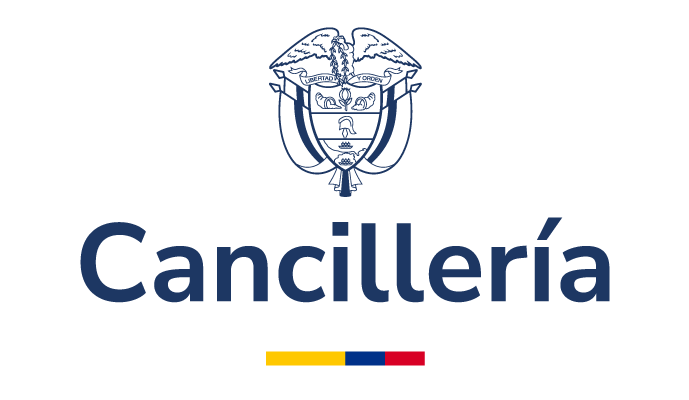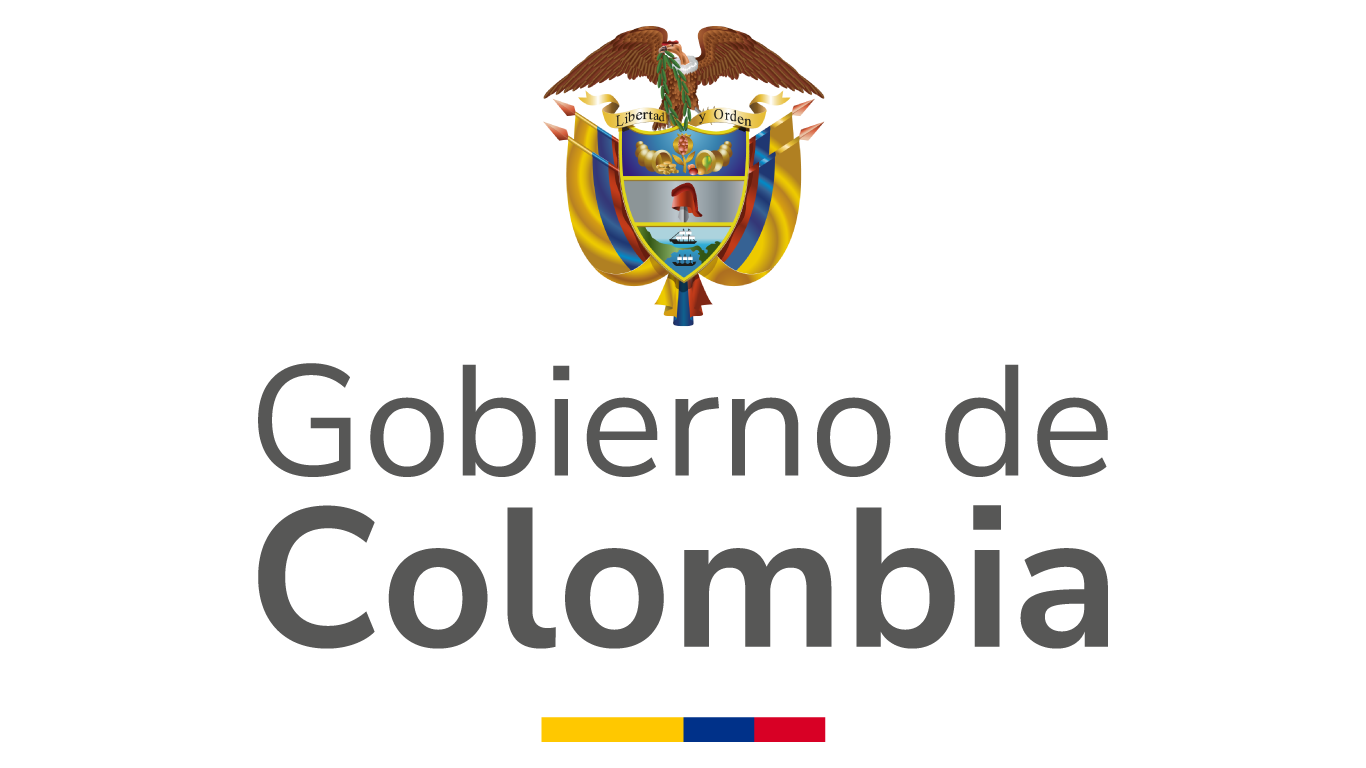The Human Rights Council is an intergovernmental body within the United Nations system, created by the United Nations General Assembly on March 15, 2006, replacing the former Commission on Human Rights. Its main objective is to address situations of human rights violations and make recommendations.
It consists of 47 states that are responsible for strengthening, promoting, and protecting human rights worldwide. The Council holds regular sessions throughout the year.
Universal Periodic Review
The Universal Periodic Review (UPR) is the evaluation mechanism created by the United Nations Human Rights Council, that monitors the degree of compliance with international commitments on human rights by the countries that are part of the Organization.
This review, unlike situational responses performed by the United Nations Human Rights Commission in the past, is an equal review for every country in the world, founded on respect for the principles of equal treatment, impartiality, objectivity, and non-selectivity.
Between 2005 and 2007, Colombia participated actively in the discussions for the creation of the Human Rights Council. This exercise subsequently gave rise to the UPR.
In December 2008 the Colombian State voluntarily performed the UPR. This exercise gave rise to a mechanism for monitoring the voluntary commitments and the recommendations accepted under the UPR, resulting in periodic progress bulletins. This monitoring is conducted by the UPR Working Group, along with delegates of the Presidential Human Rights and IHL Program, the Ministry of Foreign Affairs, and the Ministry of the Interior and Justice.
For more information on the UPR and reports on progress in the implementation of commitments and recommendations, see the following link:










